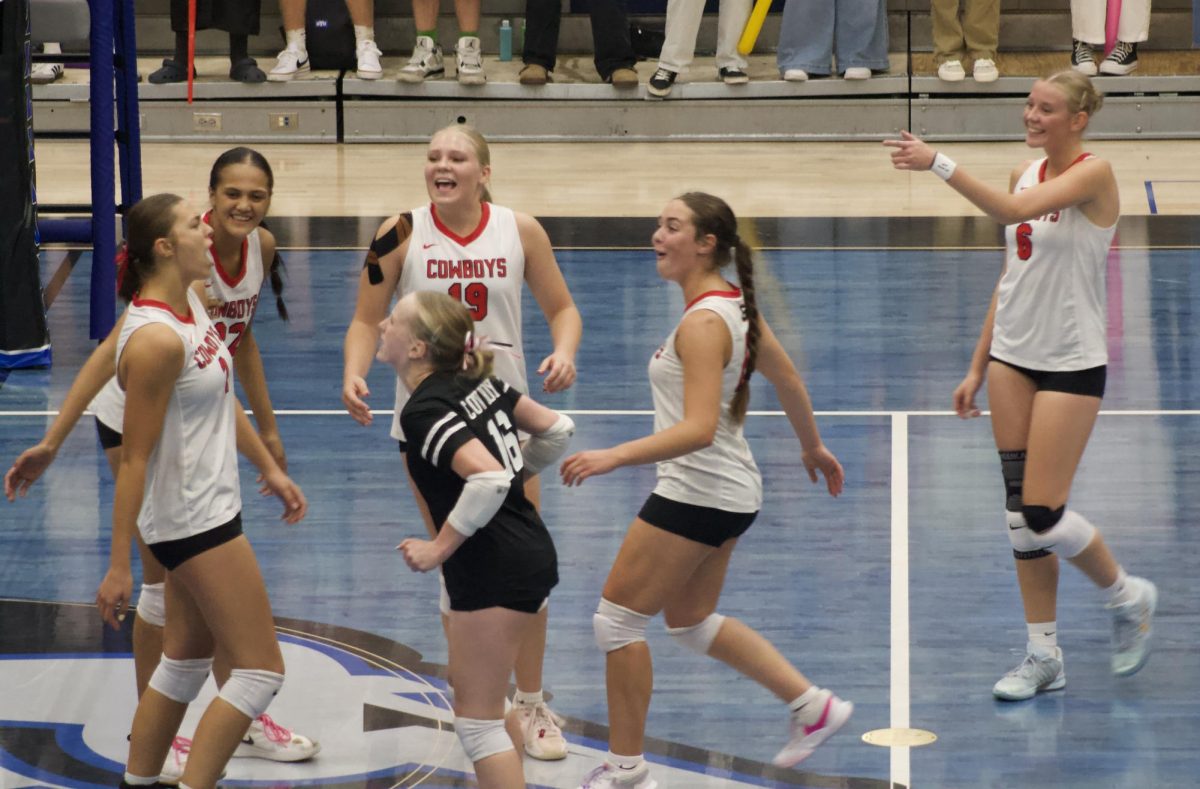Should Students be Graded on Effort or Intelligence?

A debate the rages not just between students but between educators and those who study how pwople learn contrasts grading based on effort or on innate intelligence.
Students opinions varied on what they would like to be graded for in their own classes. “I would say effort well now that I think about it probably both because some people are smart and don’t put a lot of effort and vise versa,” said junior, Hannah Higley
According to the Office of Academic Affairs at Benedict College, the grading scale for freshmen is 60 percent effort, and 40 percent knowledge. The Tooele School District policy requires that teachers divide the points earned in class to part assessment and part classwork. The assessment points would measure mastery of the content or someone who just knows how to take tests better, and the classwork points would account at least in part for participation, attendance and work efforts, which may not evaluate actual content mastery.
“I think everyone should be graded on effort because everyone learns at a different pace and it will take others longer to learn something than it may someone else,” said Luke Whittle, junior.
Studies show that one benefit to grading based on effort is there would be a decrease in cheating. In a national survey of 24,000 students, it was found that 64% of students admitted to cheating, according to Plagiarism.org. If a student’s grade is solely based on the effort demonstrated, that student would be forced to do actual work for a grade.
“I think students should be graded for their effort cause in every class, there are people smarter than others. If kids got graded by effort it would be more fair,” said Aaron Bentley, senior.
Your donation will support the student journalists of Grantsville High School. Your contribution will allow us to purchase equipment and cover our annual website hosting costs.

The Band Vice President and Flute section leader Rachel Johnson is an outstanding artist and hard worker, she enjoys writing short stories and reading....






















